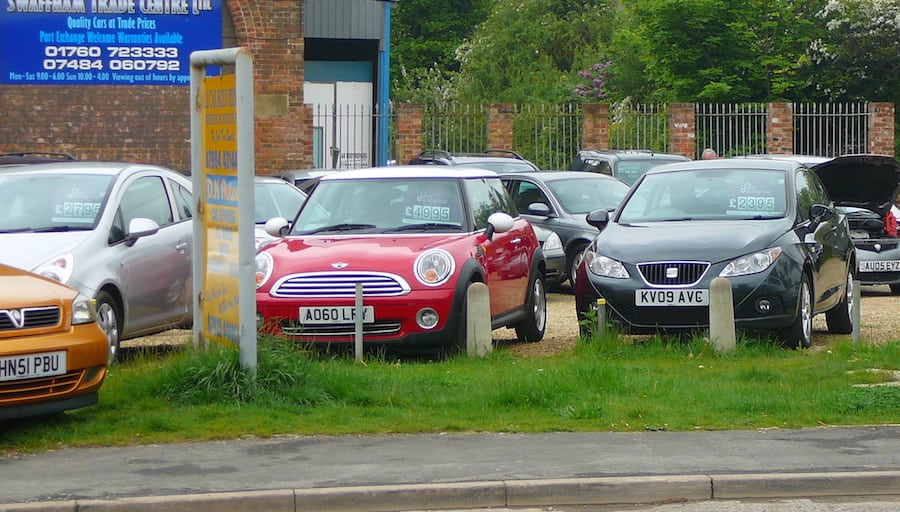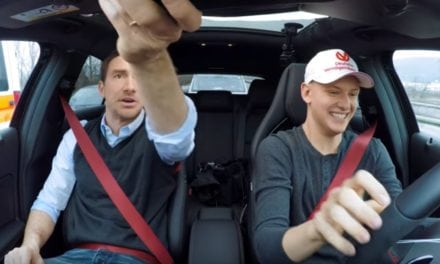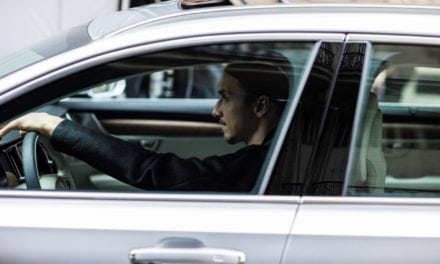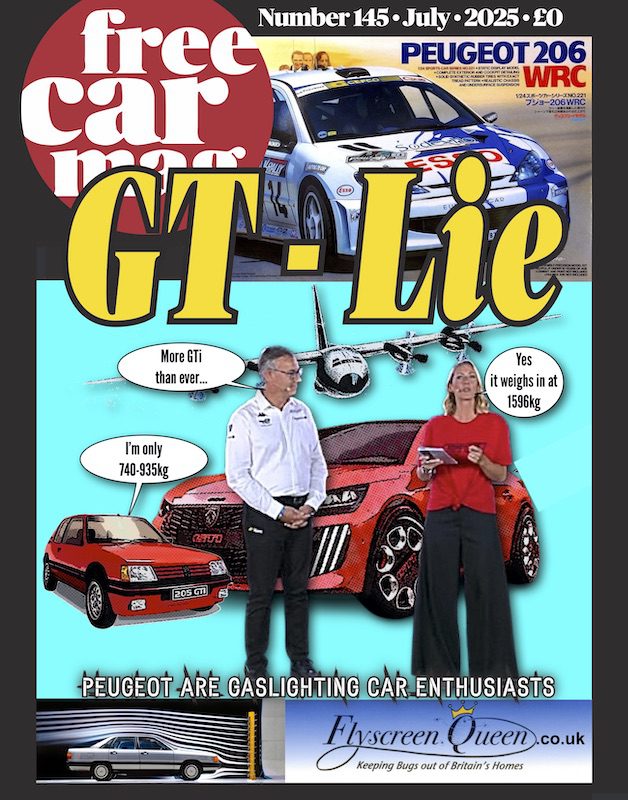Car finance now makes up almost a third of the consumer credit market, but with 1 in 4 cars offered for sale proven to have outstanding finance still owed against it, Exchange and Mart is warning used car buyers to be on their guard. Anyone who buys a vehicle that still has outstanding finance against it – including a hire purchase, PCP or lease agreement – could find themselves out of pocket and without a car. Whilst the new vendor is the ‘registered keeper’, the finance company is the ‘legal owner’ and has the right to reclaim the vehicle at any time.
“With disposable income under strain for many households, it’s not surprising that buyers are turning to loans to finance their car purchase,” explains Lynn Clark, Brand Manager for Exchange and Mart. “Some struggle to continue with the monthly payments they’ve committed to and sell on the car, but rather than paying off the outstanding debt they keep the money to pay for other necessities.
“In more cases than not, this is simply an innocent act, but by default, it is also a fraudulent one. A car that has a finance agreement against it remains, legally, the property of the finance company until the loan is paid off and if payments are not kept up or the outstanding amount is not paid off at the time of the sale, the finance company has the right to take it back, at any time.
“With one quarter of 30 million cars on UK roads on outstanding finance, used car buyers really are at risk of falling foul of this type of fraud, no matter how innocently the crime was committed.”
Exchange and Mart advises used car buyers to conduct a vehicle history check that includes an outstanding finance check, before parting with any money. If their potential dream machine does have finance owed against it, and the buyer still wishes to go ahead with the purchase, the best option to pay off the finance company and the seller, is to raise two bank drafts. A bank draft is a cheque which can be bought from a bank in order to pay someone who is not willing to accept a personal cheque and is a safer transaction when dealing with large payments. One should be in the name of the finance accompany for the outstanding amount and the other should be for the seller for the remaining value of the car.
Lynn Clark concludes, “The best protection for car buyers is to get a vehicle provenance check, even if the seller says the vehicle is finance free. Don’t be fooled either, even if the seller offers a receipt as proof of purchase the finance house will still be able to reclaim the vehicle if it’s found to be on outstanding finance. If someone unwittingly buys a car on outstanding finance, they should talk to the finance house immediately to negotiate a deal. However, the best thing for buyers to do is to stay vigilant and avoid falling into the innocent fraudster trap.”











